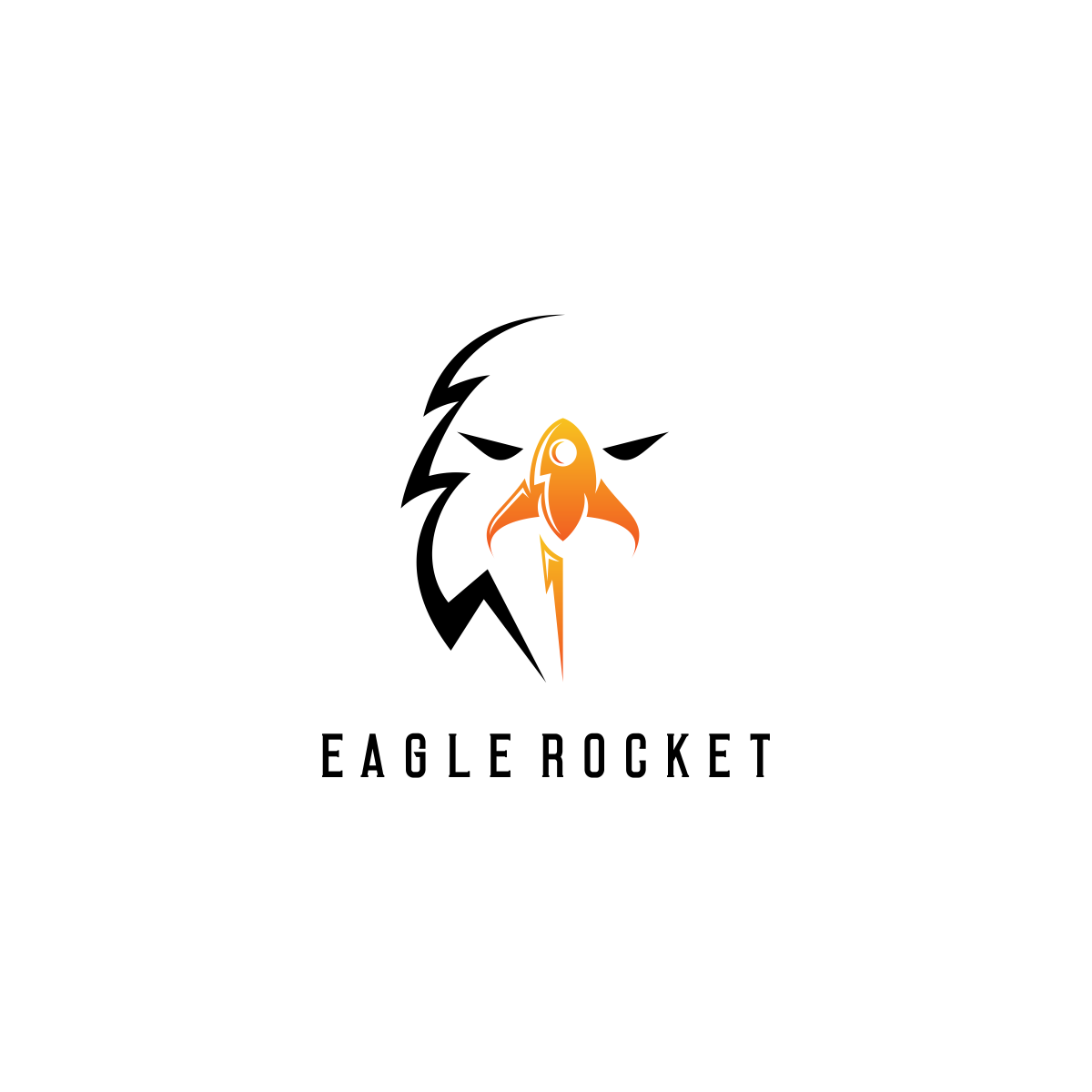High-pressure sales tactics may seem effective in closing deals, but they often lead to detrimental consequences for B2B agreements. As businesses navigate an increasingly competitive landscape, it’s crucial to recognize how these aggressive methods can backfire, driving potential clients away rather than bringing them closer. Instead of fostering trust and collaboration, pressure tactics often create barriers between sales teams and clients, leading to a cycle of distrust. In this article, we will explore the harmful effects of high-pressure sales, the importance of building solid relationships with clients, and effective alternatives that can ensure mutual success.
The Negative Consequences of High-Pressure Sales Tactics
High-pressure sales tactics can severely undermine B2B agreements by creating a divide between the seller and the buyer. When a salesperson employs coercive strategies, it can leave clients feeling uncomfortable and defensive. This discomfort often leads to hasty and poorly-informed decisions, which can have lasting negative repercussions on the business relationship.
The Barrier Between Clients and Sellers
High-pressure methods create an invisible wall that separates clients from sellers. As potential buyers feel cornered by aggressive tactics, they are more likely to resist any further communication. Sales techniques driven by intimidation often result in a lack of genuine engagement. This not only affects relationships with individual clients, but can also damage a company’s broader reputation. Despite the desire to seal the deal, an unpleasant experience can sour client interactions for years to come.
An Unhealthy Sales Environment
Moreover, pressure tactics can cultivate an unhealthy atmosphere within the sales team itself. When manipulation is the go-to strategy, team members may find it difficult to maintain motivation. An environment that values intimidation can lead to low morale among sales professionals, resulting in decreased collaboration and innovation. Consequently, sales teams may struggle to perform optimally, diminishing overall effectiveness.
| Consequence | Description |
|---|---|
| Division between Clients and Sellers | Creates an atmosphere of defensiveness and discomfort, pushing clients away. |
| Increased Resistance | Clients avoid further interactions, damaging the potential for future sales. |
| Employee Morale | Undermines teamwork and motivation within the sales force, leading to decreased performance. |
Alternatives to High-Pressure Sales Tactics
To foster better relationships and ensure long-term agreements, sales teams need to turn away from pressure-driven methods. Instead, adopting strategies rooted in understanding and collaboration can lead to more successful outcomes.
Active Listening as a Key Approach
One of the most effective alternatives is to practice active listening. By genuinely engaging with clients and paying attention to their concerns and needs, sales professionals can build authentic relationships grounded in trust. This not only enhances rapport but also aids in understanding the unique challenges each client faces. Developing tailored solutions becomes possible when sellers grasp their clients’ needs. It’s here that *Salesforce*, *HubSpot*, and other CRM tools play a valuable role in gathering insights to inform these discussions.
Emphasizing Transparency and Honesty
Transparency and honesty are other critical components of successful sales interactions. Clients must feel that their interests are genuinely prioritized. Instead of glossing over potential downsides of a product or service, salespeople should present a balanced perspective. This commitment to integrity paves the way for more fruitful negotiations. Products like *Zendesk*, *Pipedrive*, and *Zoho CRM* can assist sales teams in managing client expectations and maintaining an honest dialogue.
- Practice active listening during client meetings.
- Prioritize transparency by discussing both advantages and disadvantages of offerings.
- Utilize CRM tools to maintain detailed records of client interactions and preferences.
- Ensure follow-up communication is a norm to reinforce relationships.
Building Strong Relationships with Clients
Establishing solid relationships with clients requires more than just closing a sale. It involves mutual commitment and ongoing communication, fostering an environment where clients feel valued throughout the engagement lifecycle.
The Significance of Mutual Commitments
Mutual commitments play a fundamental role in avoiding high-pressure sales tactics. The goal should not only be to persuade clients to sign a contract but to engage them in a dialog that leads to better decision-making. By demonstrating knowledge and engaging clients in the sales process, sellers can design a collaborative framework for success. These small commitments, whether it’s a follow-up call or a series of discussions, promote natural progression toward a deal.
Sustaining Post-Sale Relationships
Once the sale is complete, maintaining communication becomes critical. Clients want to feel valued long after the transaction is finalized. Sales teams that invest in follow-up support and customer outreach have a higher chance of securing future business and referrals. This long-term approach fosters loyalty and creates a network of satisfied customers, extending beyond simple transactions.
| Strategy | Description |
|---|---|
| Engage Clients in Dialogue | Use discussions to gather insights and foster trust. |
| Create Ongoing Communication | Follow up with clients to ensure satisfaction and reinforce relationships. |
| Encourage Referrals | Satisfied clients often lead to new business through recommendations. |
Understanding Effective Sales Strategies
To improve sales effectiveness, recognizing common pitfalls in sales strategies is vital. Encouraging flexibility and continuous learning is key to evolving practices beyond high-pressure sales tactics.
Avoiding Common Mistakes
High-pressure tactics often result in rigidity among sales professionals. Common mistakes include sticking to a strict sales script without adapting to individual client needs. Flexibility in sales interactions allows for a more customized experience, improving the likelihood of success. Utilizing insights gained from tools like *LinkedIn Sales Solutions*, sales personnel can adjust their pitch based on real-time feedback, ensuring they resonate better with their audience.
The Importance of Continuous Training
One of the most frequent errors is assuming that sales training ends with the initial onboarding process. Sales approaches must evolve alongside industry dynamics. Teams that don’t engage in ongoing training risk becoming outdated, falling back into counterproductive practices such as high-pressure techniques. Frequent training and workshops can help sales professionals stay abreast of current trends and techniques, creating an adaptable and informed workforce.
- Review scripts regularly to maintain relevance and flexibility.
- Prioritize ongoing training to stay updated on trends.
- Encourage open discussions and feedback within teams.
The Benefits of a Healthy and Ethical Approach to Sales
Adopting ethical sales methods not only enhances B2B agreements but also cultivates a positive company culture while driving customer satisfaction. Businesses that prioritize integrity find themselves with a competitive edge.
Cultivating a Positive Company Culture
Emphasizing ethical practices can significantly reduce reliance on high-pressure tactics. A business culture that values integrity allows teams to feel secure sharing ideas and collaborating effectively. This environment not only fosters innovative solutions but also enables sales professionals to thrive. Engaged teams often yield better results, making organizations more attractive to clients.
Long-Term Measurable Results
By focusing on clients’ long-term satisfaction, businesses can achieve measurable results. Clients who are pleased with their interactions are more likely to return and refer others, creating an organic growth cycle. Companies that prioritize an ethical sales approach reap rewards in both revenue and reputation, establishing themselves as trustworthy entities in the market.
| Key Benefit | Description |
|---|---|
| Boosted Company Morale | Ethical practices enhance employee motivation and collaboration. |
| Sustainable Growth | Satisfied clients lead to increased referrals and repeat business. |
| Enhanced Reputation | Companies with ethical practices are viewed favorably in the industry. |
FAQ Section
What are high-pressure sales tactics?
High-pressure sales tactics involve aggressive strategies designed to force customers into making quick decisions, often leading to discomfort and mistrust.
Why do high-pressure tactics fail?
These tactics typically create a negative experience for clients, leading to resistance, damaged relationships, and a tarnished company reputation.
What are some effective alternatives to high-pressure tactics?
Alternatives include active listening, transparent communication, and building mutual commitments to foster trust and collaboration.
How can ethical sales practices benefit a business?
Ethical practices can lead to increased customer loyalty, referrals, and a positive brand reputation, resulting in sustainable business growth.
Why is continuous training important in sales?
Continuous training helps sales teams stay updated on industry trends, preventing reliance on outdated practices and enabling adaptive selling strategies.

